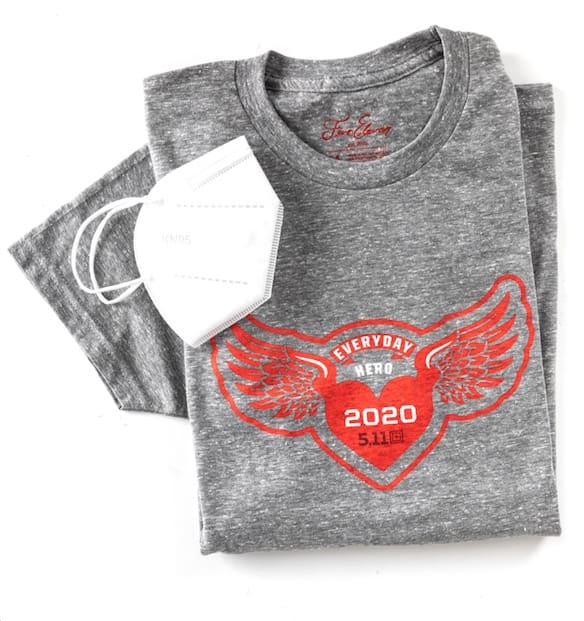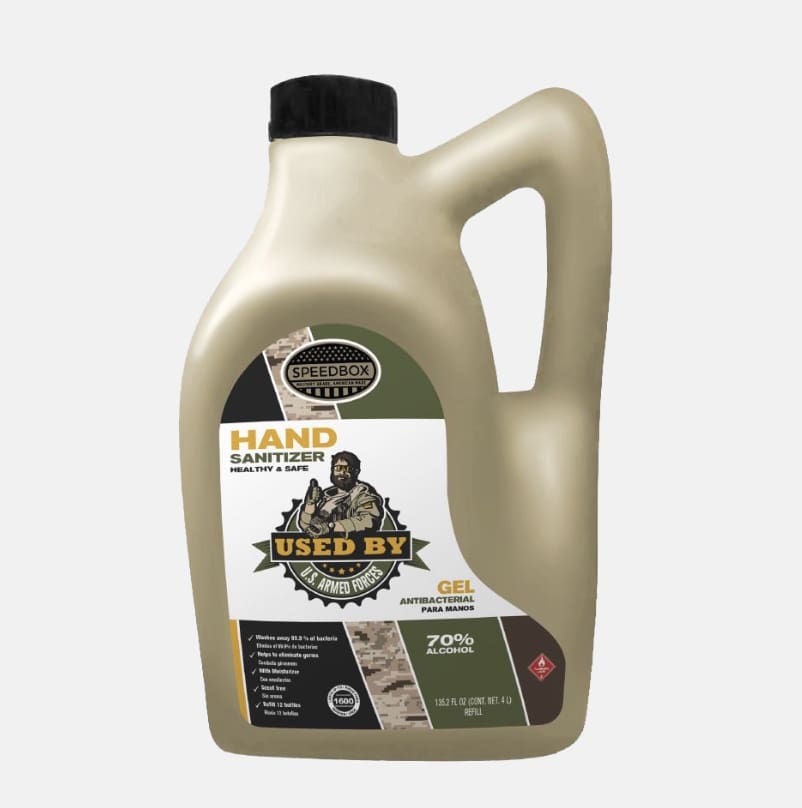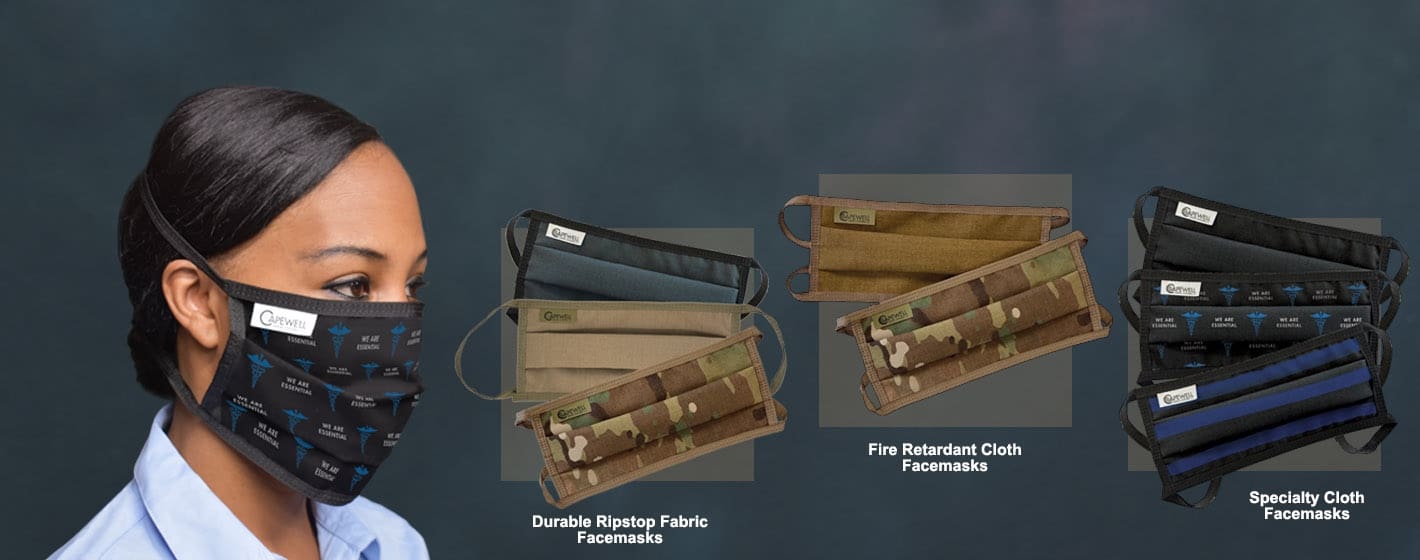WRIGHT-PATTERSON AIR FORCE BASE, Ohio – The Air Force Research Laboratory is leveraging tactics from the Air Force pararescue (PJ) community, employing a new tool that can monitor multiple patients’ vital signs, helping to alleviate the lean doctor-to-patient ratio that many medical facilities are facing amidst COVID-19.
“One of the struggles doctors and nurses are having in highly-affected hospitals right now is similar to what PJs deal with—a high ratio of patients assigned to a low ratio of medical personnel,” said Dr. Greg Burnett, Airman-Machine Integration Product Line lead in AFRL. “Add in the contagion element, and our team saw the emergent need to adapt our medical monitoring tool for widespread use so that multiple patients could be cared for remotely.”

So Burnett and his team have been hard at work adapting this agile technology, originally developed for PJs to use down range, for hospitals and other health care facilities so they too can monitor the vitals of more patients.
The solution is a medical monitoring tool called the Battlefield Assisted Trauma Distributed Observation Kit, or BATDOK. The original version of this tool has been under evaluation by military medics for about four years and was deployed operationally about a year ago. Developed in AFRL’s 711th Human Performance Wing, it is a smartphone-based medical information software tool that can take in sensor data for real-time health-status monitoring for multiple patients. The team has made improvements along the way to this Android application with the help of direct feedback from operators down range using the device.
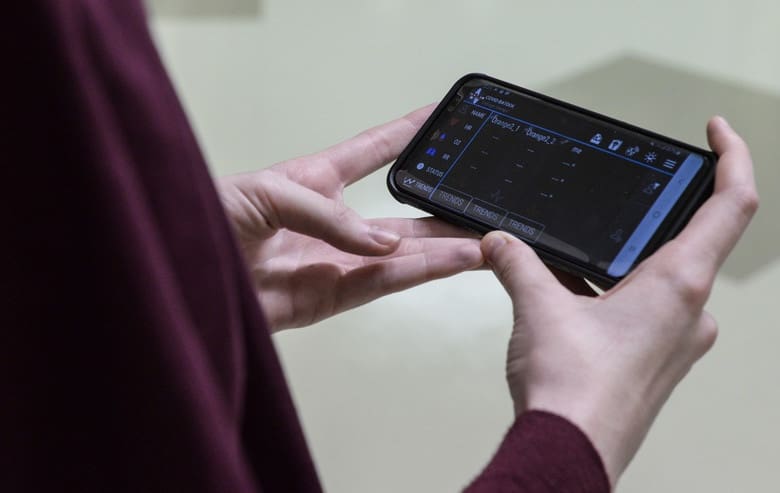
This adapted version, however, removes the combat casualty care aspects of the medical monitoring tool, said Burnett, but still allows for the remote monitoring sharing of patient vitals and secured networked data dissemination. These features can help prepare doctors and nurses as they work to maintain situational awareness over multiple patients—while also working to maintain their own health and safety.
But with this newer, more streamlined vital-monitoring version of BATDOK, the AFRL team will collaborate and receive direct feedback from their new customers—healthcare providers at the Wright-Patterson Medical Center. AFRL began the first of three phases of testing with BATDOK at the base medical center in mid-April.
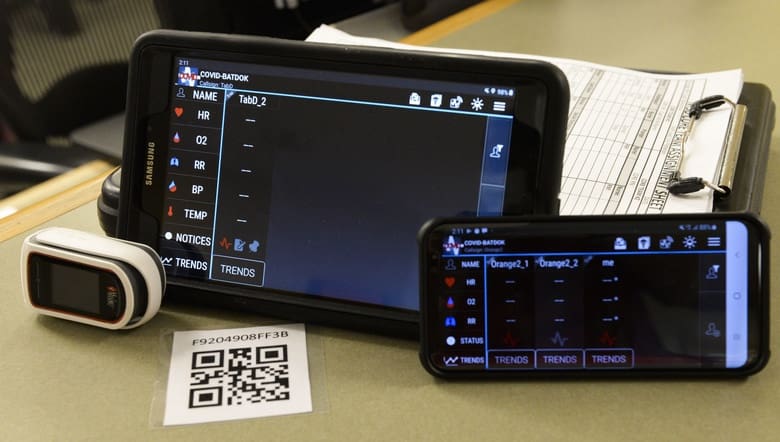
This first phase involves comparing data of a single patient who has agreed to have vitals monitored using both traditional methods as well as using BATDOK. The time required for each phase is unknown, but each phase will have increased patients and providers.
“Clinical practice guidelines for patients infected with COVID-19, released by the Department of Defense and the Defense Health Agency, strongly recommend continuous oxygen monitoring,” said Dr. Roger Shih, WPMC Internal Medicine director.
Shih said the ability to monitor multiple patients remotely also alleviates the need for medical personnel to change out personal protective equipment (PPE) for individual patient checks.
BATDOK’s tablet interface is user-friendly, Shih explained, and the software is straightforward and intuitive. It allows a single provider to monitor up to two dozen patients with real-time monitoring of their oxygen saturation and pulse.
The BATDOK team’s software development co-leads, 2nd Lt. Matthew Dickinson and 2nd Lt. Corey Mack, discussed how the data moves remotely.
“Monitoring the patients remotely is done through a sensor embedded in the pulse oximeter that is placed on the patient’s finger,” said Dickinson.
Mack added that the sensor transmits vitals remotely to tablets or to workstations that the nurses or other healthcare providers can then monitor.
From a nursing perspective, traditional practice is for the nurses to go to a single location, a telemetry station, to observe the patient’s heart rate, respiratory rate and oxygen saturation, explained Maj. Gary Webb, WPMC Medical Surgical Unit flight commander.
But with BATDOK, which is used through an app on a cell phone, Webb explained that nurses can monitor their patients wherever they are on the unit.
“The benefit of this,” Webb said, “is that if an alarm is going off, the nurse can immediately look at the BATDOK app to see which alarm has sounded and address it. It saves much needed time in this situation.”
All-in-all, BATDOK could allow Wright-Patterson Medical Center to rapidly scale up their ability to perform continuous oxygen monitoring for patients infected with COVID-19, while also keeping staff safer and decreasing use of PPE, said Shih.
The AFRL team, some who have family members in the hardest hit areas of this pandemic, are honored to put their skills to good use.
“It means a lot to the BATDOK team to be able to do our part in stemming the tide of the COVID-19 pandemic,” explained Mack. “Working directly with those who need and use the technology we build has always been a driving factor behind the success of BATDOK. So when we heard there was a need during this crisis, we started working on potential solutions.”
Story by Gina Marie Giardina, Air Force Research Laboratory
Photo by Wesley Farnsworth

